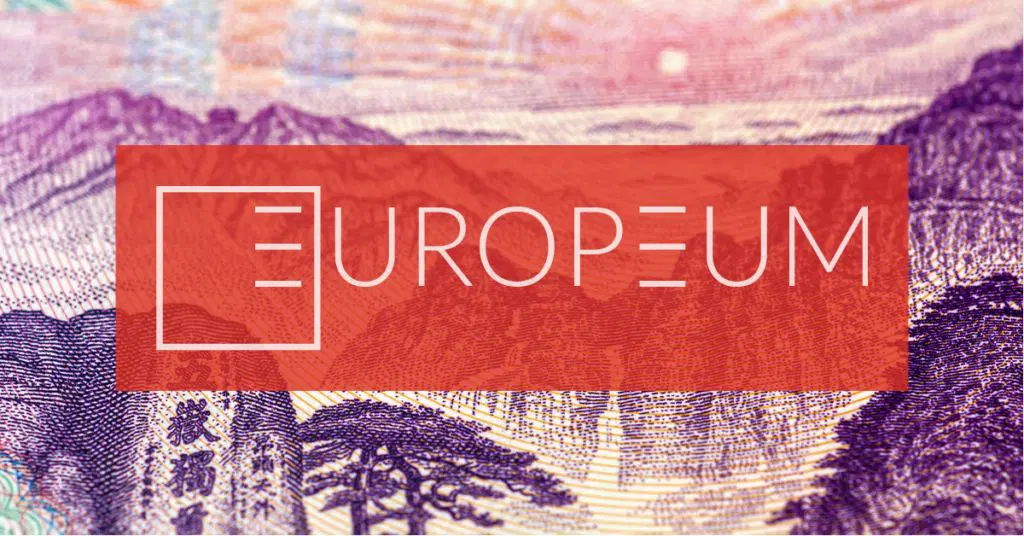Chinese Influence in the Western Balkans: An Annual Review

- After publishing the analysis of the impact of Chinese influence and investments in the Western Balkans last year, we can now evaluate its impact from a year-long perspective. The year-long reflection allows us to evaluate China’s policy towards the Western Balkan countries whilst considering all of its possible side effects.
- This analysis revolves around two main questions: 1) what is the impact of Chinese activities on two individual WB countries – Serbia and Bosna and Herzegovina; and 2) how such policy is evaluated by the EU and Western European countries.
In such context, China is swiftly trying to adopt a development of its soft – but still primarily economic – power to carefully extend its influence on the national decision-making process without being either too assertive or aggressive: by positioning itself as an easy-going and most importantly willing business partner that proved (and continues to prove) to be reliable in bringing investments. However, with Chinese companies often linked to or serving as proxies for the government, the projects bring also a burden of debts tied to the investments, which is only raising more questions and has a potential spill-over effect of added scrutiny towards the Berlin process.
Overall, Chinese engagement in both Serbia and BiH in the last year seems to be proving that investments – tailored for the countries with rather favourable conditions (in respect to international competition) and bringing Chinese terms and conditions that omit many of the requirements for the completion of EU integration process – are making the recipients unwitting vessels for Chinese regional (and geopolitical) interests, tying to a renewed foreign policy strategy form Beijing. Within such scope, the 16+1 framework (if considered a branch of the Belt and Road Initiative) has become for the Western Balkans rather a lending and construction programme that aims to – in economic terms – build a gateway to Europe for further BRI investments.
Celý policy paper (v anglickém jazyce) je možné stáhnout kliknutím na tlačítko PDF.




